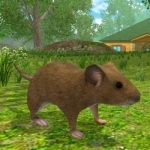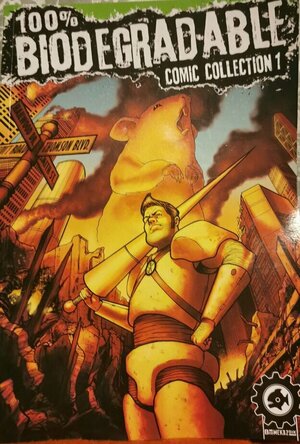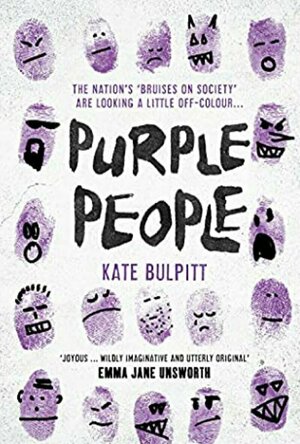
Clue Period Tracker
Health & Fitness and Medical
App
**Rated the top free period and ovulation tracker app by the journal Obstetrics & Gynecology, a...

iDrated Water
Health & Fitness and Lifestyle
App
Featured worldwide including... Cosmopolitan, Glamour, Asos, Stylist, The Mail on Sunday,...

TouchRetouch for iPad
Photo & Video and Utilities
App
“It's in my Top 5 "must have" photo apps.”—Michał Koralewski, Photographer of the Year 2015,...

TouchRetouch
Photo & Video and Utilities
App
“…there's no easier way to remove unwanted items from your images...”—The Guardian “It's...

Camera Sweet 360 Selfie
Photo & Video and Entertainment
App
Sweet Camera Selfie is a powerful photo editor with many effects and filters ● Sweet Camera...

Figure Skater: Ice Skating Makeup & Dress Up Games
Beauty, Entertainment and Games
App
Will you join in on the excitement of preparing a champion figure skater for the international...

Mouse Simulator : Family
Games
App
Feel yourself in the skin of a small rodent - mouse! - TWO LOCATIONS. Huge Forest and Cottage. Live...

100% Biodegradable Comic Collection 1
Book
The kind of wonderful craziness we've come to demand of the creators involved" - John Freeman, Titan...
Comic

Purple People
Book
There s a curiously coloured scheme afoot in Blighty. In an effort to tackle dispiriting, spiralling...
